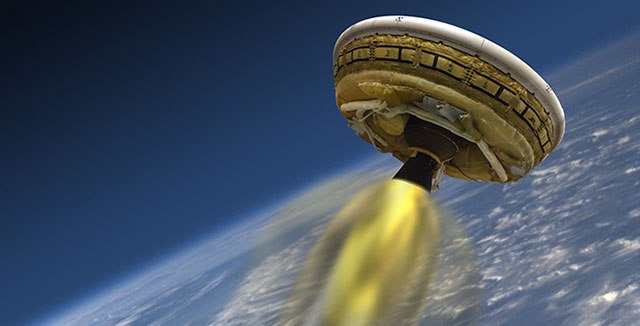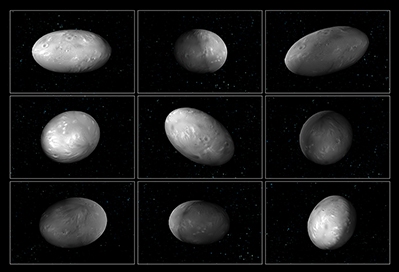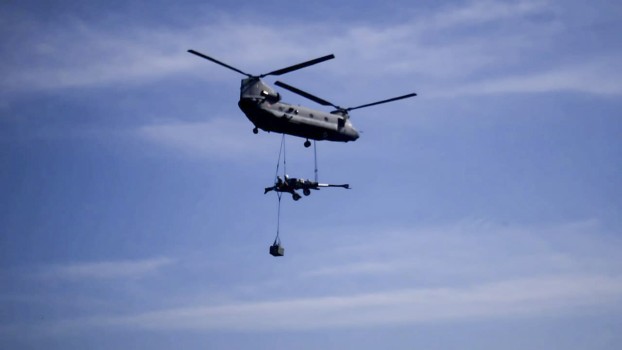
MIAMI (AFP): Bad weather has led the US space agency to postpone until Saturday the first test of the largest parachute ever deployed, with the view of one day using it to land on Mars.
The launch, reset for Friday at 1730 GMT, was put off again following "unstable wind conditions near the surface" which would prevent the launch of the balloon, NASA said in a statement on Thursday, adding that it will evaluate the next available launch opportunity on Saturday.
High ocean waves have already forced several delays to the launch, originally set for early this week.
The launch window for the test extends until June 12.
NASA has been sending robotic spacecraft to Mars since the 1970s, but the new test involves a more advanced technology, known as the Supersonic Ringsail Parachute, that could allow even heavier spacecraft -- the kind that may carry humans and months of food and supplies -- to land softly on the Red Planet.
Since the atmosphere on Mars is so thin, any parachute that helps a heavy, fast-moving spacecraft touch down needs to be extra strong.
The test will involve sending the flying saucer, an inner-tube shaped decelerator and parachute to an altitude of 120,000 feet (37 kilometers) over the Pacific Ocean with the help of a giant balloon.
The balloon will release the spacecraft and rockets will lift the vehicle even higher, to 180,000 feet (55 kilometers), reaching supersonic speeds.
"Traveling at three times the speed of sound, the saucer's decelerator will inflate, slowing the vehicle, and then a parachute will deploy at 2.35 times the speed of sound to carry it to the ocean's surface," NASA said.
The US space agency has set a goal of sending humans to Mars by the 2030s.
 Previous Article
Previous Article Next Article
Next Article













The Indian Air Force, in its flight trials evaluation report submitted before the Defence Ministry l..
view articleAn insight into the Medium Multi-Role Combat Aircraft competition...
view articleSky enthusiasts can now spot the International Space Station (ISS) commanded by Indian-American astr..
view article